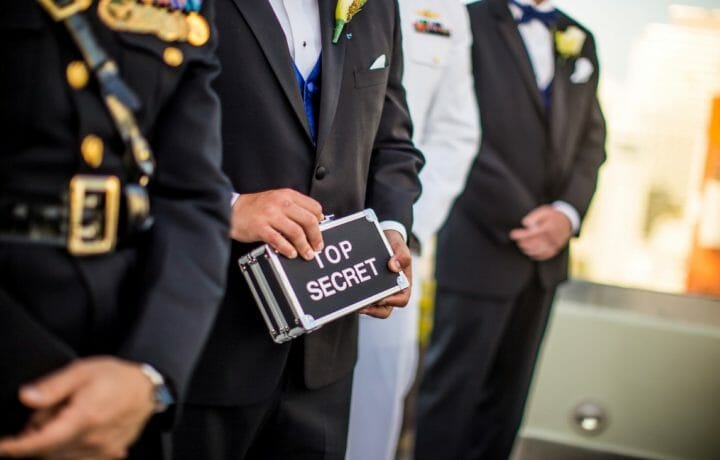Everyone knows the US leadership, such as Senators and Congress-people, is full of “Very Special” people. You know it. Reporters know it. And the “Very Special” people themselves know it. But does that “specialness” extend to security clearances? Are congressional staff members even required to obtain security clearances? After all, trust is a very big factor for determining whether a person gets a security clearance or not. If this is so, how do congressional and judicial staff get security clearances?
The short answer is, yes, congressional staff must comply with security clearance requirements, too.
Congressional Rules and Security Clearance Procedures
There are rules surrounding the granting of security clearances to congressional and judicial staff. The rules stem from Articles in the US Constitution. In particular, within the Constitution there are clauses with basic requirements for people to just be in those particular offices, including the presidency. Both the House and Senate have also established security offices to help with the safeguarding of classified information. The Senate security office has actually issued a manual, but the House has not.
The Congressional Research Service’s report, “Protection of Classified Information by Congress: Practices and Proposals,” notes that the Senate and House agree that anyone requiring access to classified information WILL have a security clearance and must sign a non-disclosure agreement. The classified access requirements to gain a security clearance are laid out in Part VII of the Federal Register, Executive Order 13526, Section 4.1. An agency head (or designee) has to decide whether an individual requiring access will get it or not (this requires an investigation); then the candidate petitioning for a security clearance must sign a non-disclosure agreement; and of course the candidate must also have a “need-to-know” about the classified information. House members and staff must take a self-imposed secrecy oath, while the Senate does not.
Once a congressional or judicial staff member are “read in,” he/she should receive training on how to properly protect classified information. They also receive a clarification of the consequences when he/she does not properly protect classified information. These “Very Special” people then, must and usually do comply with rules very similar to the ones ‘regular people’ must abide by. Whether the consequences of their failure to protect the information are the same, well, that’s a very different story.



